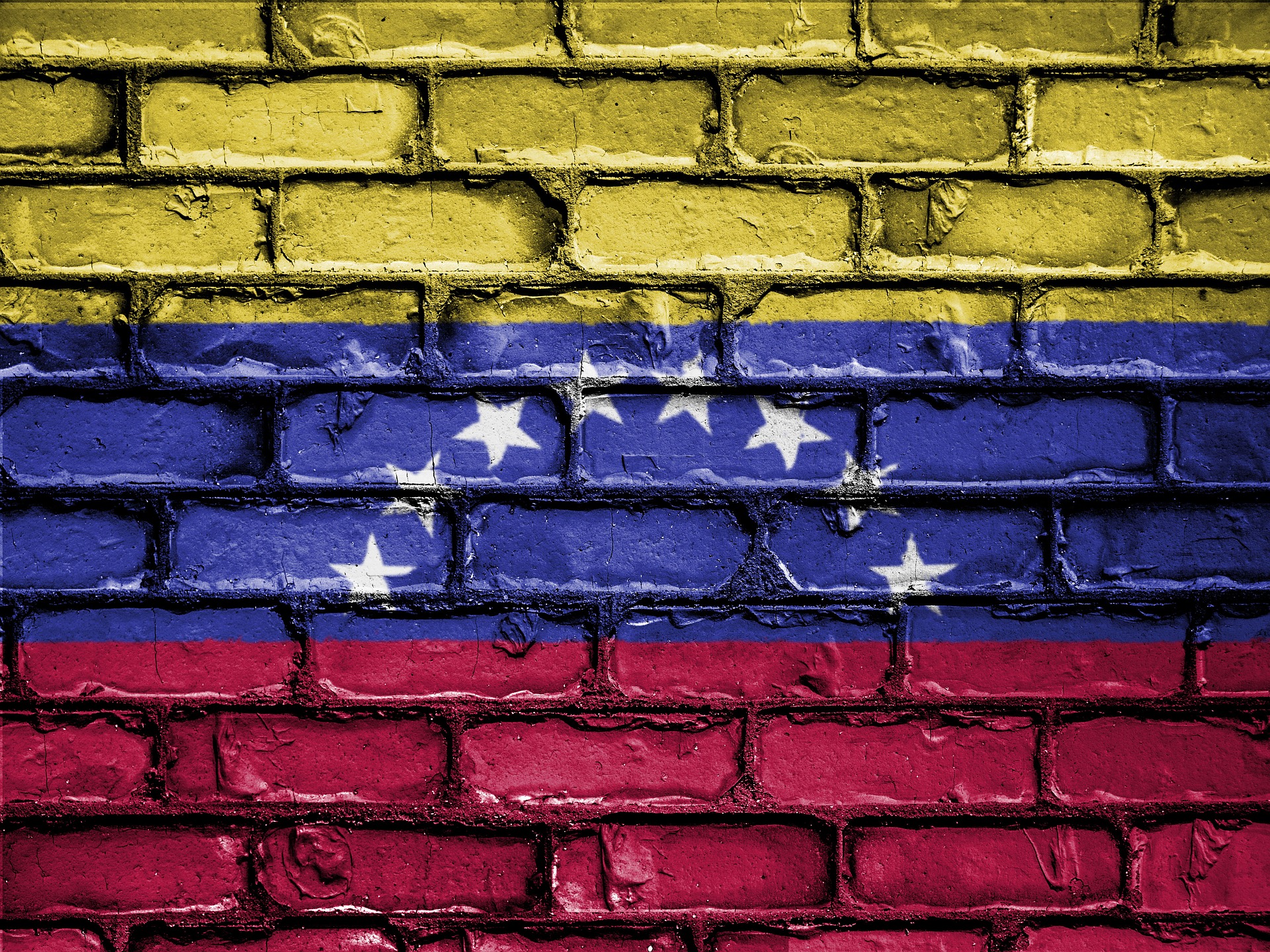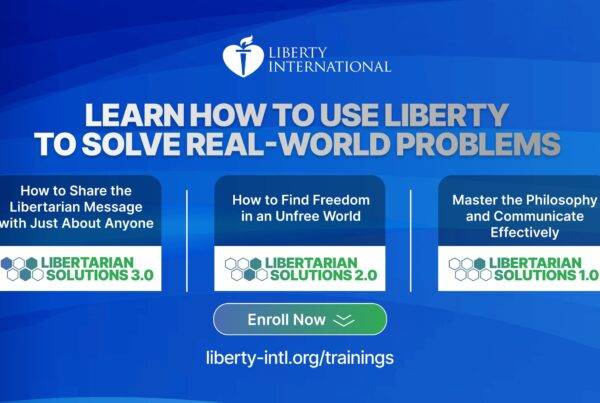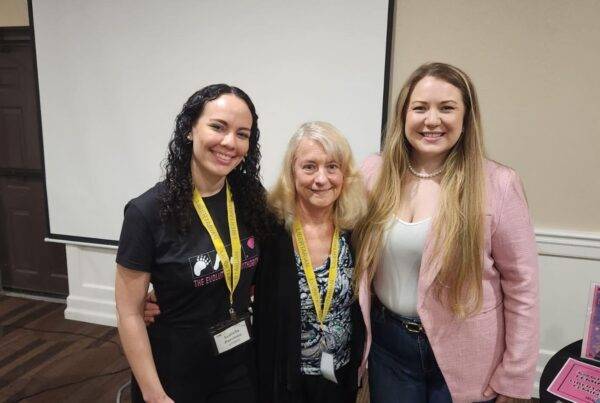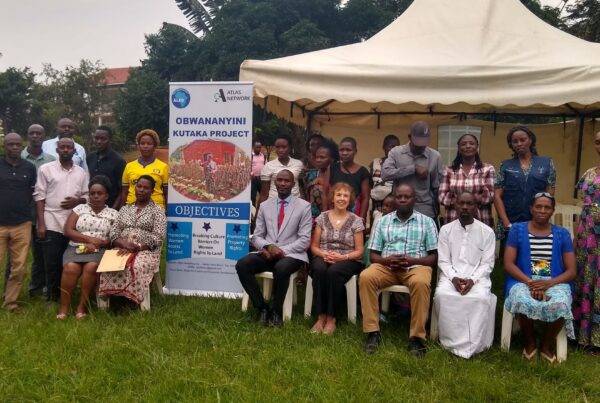Venezuela is going through one of the toughest moments in its history as a result of a severe humanitarian crisis caused by the ravages of the socialist dictatorship. Throughout this process, millions had to flee their land to seek medical treatment, avoid starvation, or save their lives as a consequence of the regime’s repression.
However, to understand what is happening now, we must go to its origin. Although there was a democracy before Hugo Chávez came to power, the country was going through tumultuous economic and social times mainly because the previous leaders were aligned with left parties. These politicians made wrong decisions, such as incorporating a mercantilist system into the economy, which in addition to the serious ethical crisis in the political sector led to the belief that Chávez was a fit candidate to lead the country.
Eventually, Chavez became the president, and the country began to collapse. A process of expropriation started empowering the state to steal private property. The gravity of the matter not only marked the end of democracy, but it was also the start of state coercion as a means to persecute the wealthy in the name of the poor. For those who opposed the government, their properties were taken away, if not worst. To give an example, Chavez expropriated more than 5 million hectares that nowadays are entirely unproductive. He did so under the argument of a “war against latifundium” (agricultural properties owned by only one person). The political, social, and economic development went from bad to worse quickly. Since Nicolás Maduro came to power, the GDP contracted by more than 100%. Most recently, back in 2020, the Gross Domestic Product (GDP) contracted in -26.8%. Let us take into account that these numbers were provided by international organizations since Maduro and his institutions try to hide the magnitude of what is happening in Venezuela.
But the crisis goes far beyond the contraction of the GDP. Venezuela has not only been experiencing a recession for the last eight years, but the economy is characterized by hyperinflation and devaluation of the local currency, the bolivar. Cumulative inflation in Venezuela ended in 2020 at 2,959.8 %, while in 2019, it was 9,585.5 %, although unofficial figures show even higher numbers. It is important to note that the bolivar has been reconverted on several occasions due to the high figures it registered, having twelve zeros removed in total since the Castro-Chavista era began.
Another example of how devastating the Maduro-Chavez regime was reflects when we note that in 1983, before Hugo Chavez came to power, one dollar was equivalent to 4.30 bolivars. Today, while writing this article, one dollar equals 4030632.81 bolivars, omitting the zeros removed in the past.
The unprecedented devaluation caused companies to close, higher unemployment, and shortages of many products, pushing the formal and informal markets to try to dollarize the economy. Unfortunately, the dollarization of the economy is not possible. The state control still maintains an exchange rate that has been practically unrecognized by the population in an attempt to survive, causing goods and services to be traded in dollars despite the rejection from the government. In some sectors, people pay salaries in dollars, averaging $30 to $40 per month.
But in reality, the dollarization does not happen for everyone since those working outside the public sector earn the equivalent of fewer than 4 dollars a month, a number that is even smaller with the devaluation of the national currency. All these workers are condemned to hunger if they do not look for another source of income, which most of the time is through remittances from families living in exile or through the informal market. On the other hand, there are examples of regions highly dependent on government aid, such as the state of Portuguesa, located in central-western Venezuela. The downside is that these regions face even greater impoverishment.
A family requires 136 monthly minimum wages to cover its basic food expenses, according to data published by the Worker’s Center for Analysis and Documentation (CENDA in its Spanish acronym). CENDA continued to inform that the food basket in August of this year was 953,909,306.87 bolivars, equivalent to 232.80 dollars. This represents an increase of 17.8% in the food basket compared to July, which corresponded to 144,463,064.42 bolivars, they pointed out. A worker needs a minimum of 31,796,976.87 bolivars per day, almost 8 dollars, to feed his family.
We must also stress that today, 96% of the citizens live in poverty, 64% of which live in extreme poverty. The situation is so extreme that Venezuela’s poverty is similar to African countries such as Nigeria, Chad, or Zimbabwe. Almost one-third of the Venezuelan population, around 9.3 million people, more than 30% of the total population, face difficulties in accessing food or suffer from malnutrition or hungry. This percentage would be even higher if we add people who live outside Venezuela since this crisis caused that by 2021, more than 20% of the population fled the country.
But the cruelty faced by Venezuelans does not stop there, even essential services are practically non-existent. According to a survey made by the Venezuelan Observatory of Public Services (OVSP in Spanish), earlier this year, out of 12 cities, despite 89.7% of households having a connected piped system, only 25% of citizens have continuous drinking water service. Also, 47.7% of the nearly 29 million inhabitants of the country have to store water in bins or plastics containers.
We can see the same with other services such as domestic gas, whose figures reveal that only 14% of Venezuelans have direct gas. Many had this service in the past, but nowadays it is so scarce that is almost non-existent. Some communities even go up to 6 months without services. Given this situation, citizens have to cook with firewood to eat. The consequences of doing such a thing result in the indiscriminate felling of trees, even in public squares, causing pulmonary diseases when these trees are burned. However, we have to remember that this is a decision people decide to take so they do not eat raw food or die of hunger.
The country that had the largest oil reservoirs in the world once, today has problems supplying this service domestically. Gasoline shortages are common, and the long queues for fuel have caused the near paralysis of public transportation, which reflects in the low number of cars on the streets. In addition, the electric service is highly deficient. Power outages in many communities average 4 to 16 hours per day, although this often extends to 24 and up to 72 continuous hours without service.
Despite all of these problems, the dictatorship tried to deliver a message to the world that Venezuelans have surrendered. Maduro’s regime promoted international media campaigns to show a supposed improvement in the quality of life when in reality, most of the population continues to live under disastrous conditions.
Hunger, desperation, and even shortages are used by the regime to control citizens. A sporadic subsidy called Local Supply and Production Committee (CLAP) that has low-quality goods at a lower price, arrives at some neighborhoods, to silence the poor. The illegitimate authorities threaten to take away these products if they protest the situation they have to live in, which is often the only way some people eat.
Despite the situation described, people do not give up and do not want to live like this. In 2020 alone, the Venezuelan Observatory of Social Conflict (OVCS in its acronyms in Spanish) registered 9,633 protests, which represents an average of 26 daily demonstrations, ranging from demands for food, universal services, and freedom.
It is worth noting that this spirit for freedom remains intact in the heart of every citizen despite the persecution, harassment, and assassinations of those who raise their voices. Venezuelans are in this sense, true heroes of freedom.
Every Venezuelan carries a tragic story, a life that was prosperous once but vanished in a few years because of economic and social policies planned to subdue and establish the tyranny that the world knows today. I raise my voice for the world to open its borders, to move forward, and to welcome the millions of refugees because most Venezuelans do not want to live under this horror.
It is painful to see my country like this, the struggle and desperation we have to go through cannot be described in words. This is why I ask with all my heart to the international community, and to any citizen of the world who reads this article, not to abandon us. Support the Libertarian struggle in a country that despite everything that is happening, it continues to fight.
Understanding, support, and solidarity are what keeps me going in such hard times while we manage to establish a Libertarian Republic. I am sure it will be possible because today, a vast majority of people do not want socialism, we just want to move forward to a free nation where we can achieve respect for life, liberty, and property, and with it the dignified life we deserve.
Emanuel Figueroa is a lawyer with a diploma in Human Rights. Coordinator of Vente Joven Portuguesa, and member of the Human Rights Committee of Vente Venezuela. He is also a member of the National Youth Directorate of Vente Venezuela.
Translated and edited by Pablo Garcia




